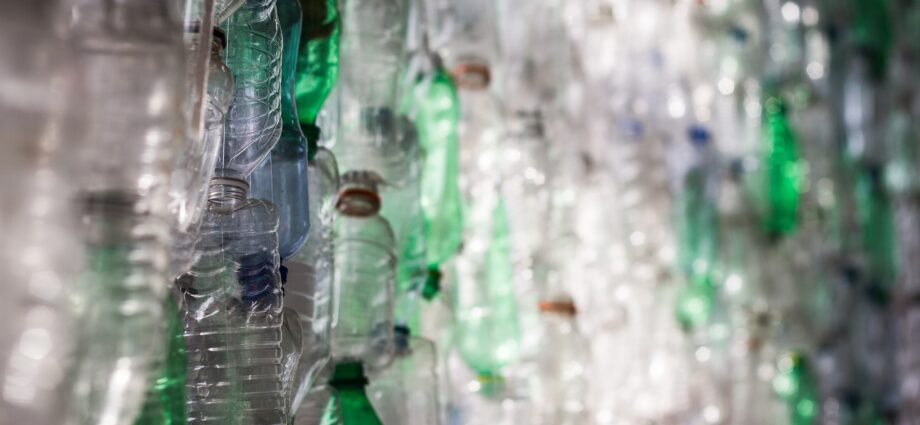
November 9, 2023
The European consumer protection watchdog, the Bureau Européen des Unions de Consommateurs – BEUC, and environmental organizations ClientEarth and ECOS – Environmental Coalition on Standards have filed a legal complaint against industry giants Coca-Cola, Nestlé, and Danone over alleged greenwashing.
The complaint, addressed to the European Commission and the Consumer Protection Cooperation Network, alleges that the companies have been engaging in misleading practices by touting their plastic water bottles, sold in Europe, as “100% recycled” when they are in fact not entirely composed of recycled materials.
In doing so, these companies have potentially violated consumer protection law and misled consumers who seek to make eco-friendly choices, the group says.
The companies’ claims that their single-use plastic water bottles are either “100% recycled” or “100% recyclable” are “often factually incorrect,” the group argues, as they suggest that the bottles can “simply be recycled in an infinite, circular loop.”
“Lawyers say these statements, often reinforced by ‘green’ imagery and generic environmental catchphrases, may mislead consumers into viewing single-use bottles as a ‘sustainable’ choice,” ClientEarth writes in a press release about the complaint.
The group asserts that, as evidence shows, “there is no such thing as truly circular plastic and that recycling.” While it is better than other waste disposal methods, recycling, the group says, cannot solve the plastic crisis.
“The reality is single-use plastic is neither circular nor sustainable,” ClientEarth’s Plastics Lawyer Rosa Pritchard said. “Recycling can never catch up with the sheer volume of plastic produced on our planet. Companies are in a unique position to change how we consume, but currently these claims – which we consider to be misleading – are making it hard for consumers to make good environmental choices.”
ClientEarth emphasizes that the process of recycling plastic continuously degrades its properties, making the notion of “infinite” recycling practically impossible. Only a fraction of the plastic ever produced has been recycled (around 9%), and production rates are projected to triple by 2060, the group adds.
“The evidence is clear – plastic water bottles are simply not recycled again and again to become new bottles in Europe. A ‘100%’ recycling rate for bottles is technically not possible and, just because bottles are made with recycled plastic, does not mean they don’t harm people and planet,” Pritchard explains.
In its press release, ClientEarth adds that the companies’ claims also fail to account for bottle parts that aren’t made from recycled plastic, like labels and lids, calling on companies to “deplastify” and “stop using misleading claims that may deter consumers from making good environmental choices – such as using a refillable water bottle.”
The potential consequences of the European Commission’s decision on the complaint could result in coordinated action among national consumer authorities, potentially leading to demands for rectification from the companies or the imposition of fines within their respective jurisdictions. However, the European Commission lacks the authority to levy penalties of its own.
Subscribe to our newsletter.
This article was originally published on IMPAKTER. Read the original article.


